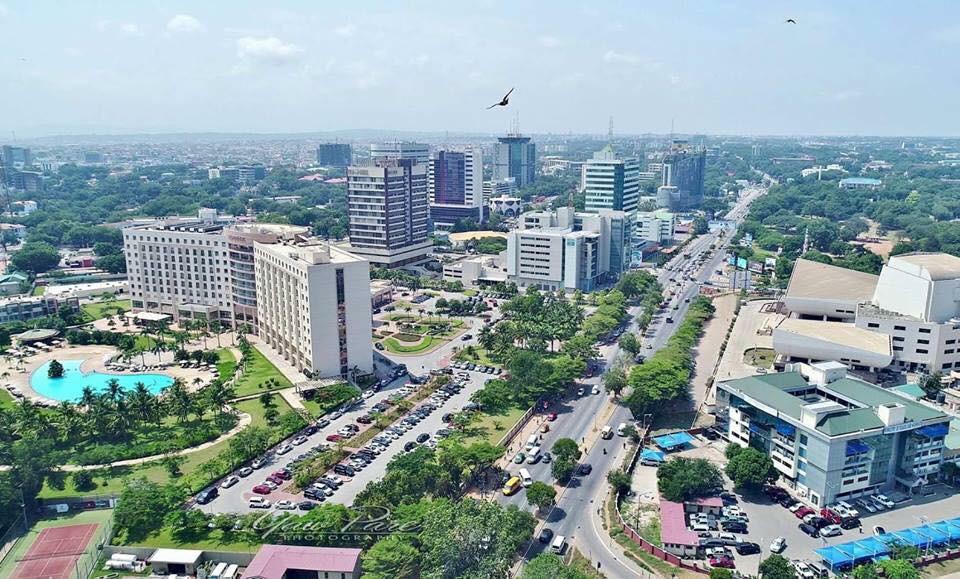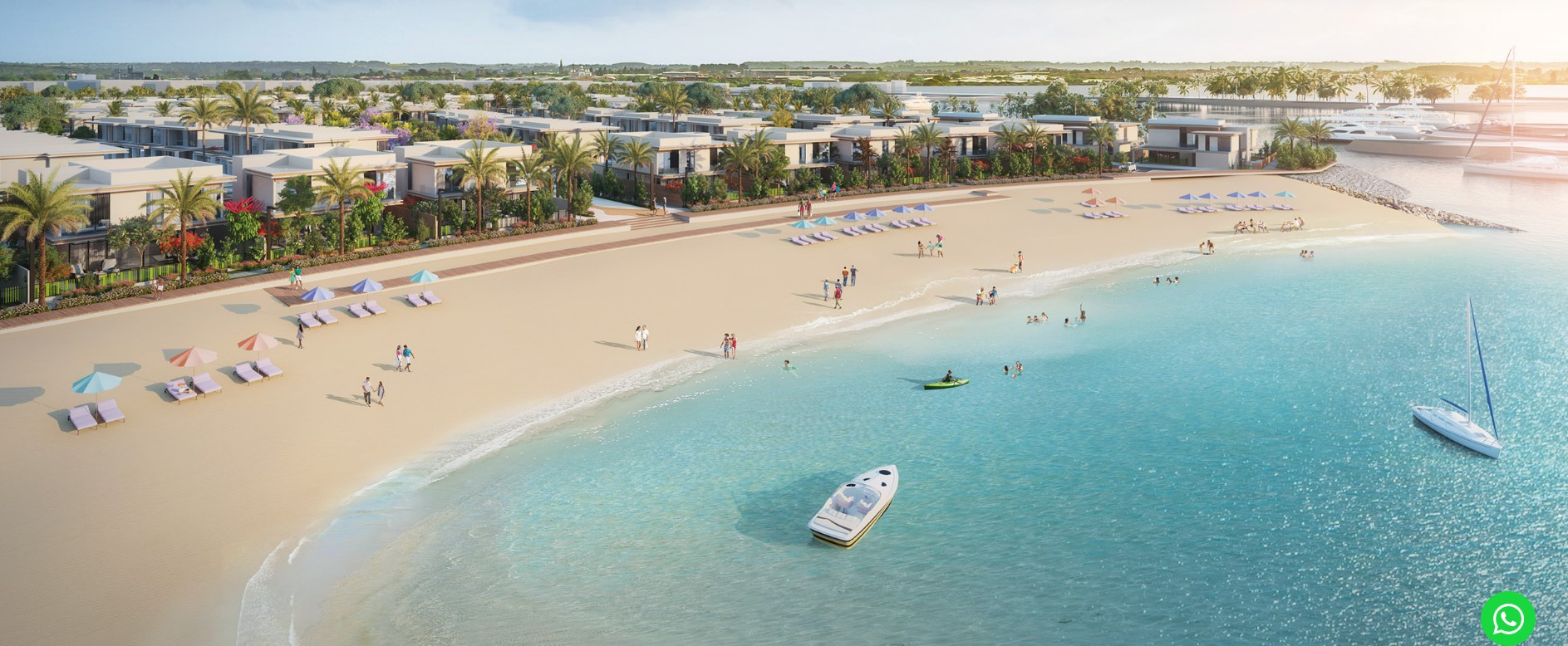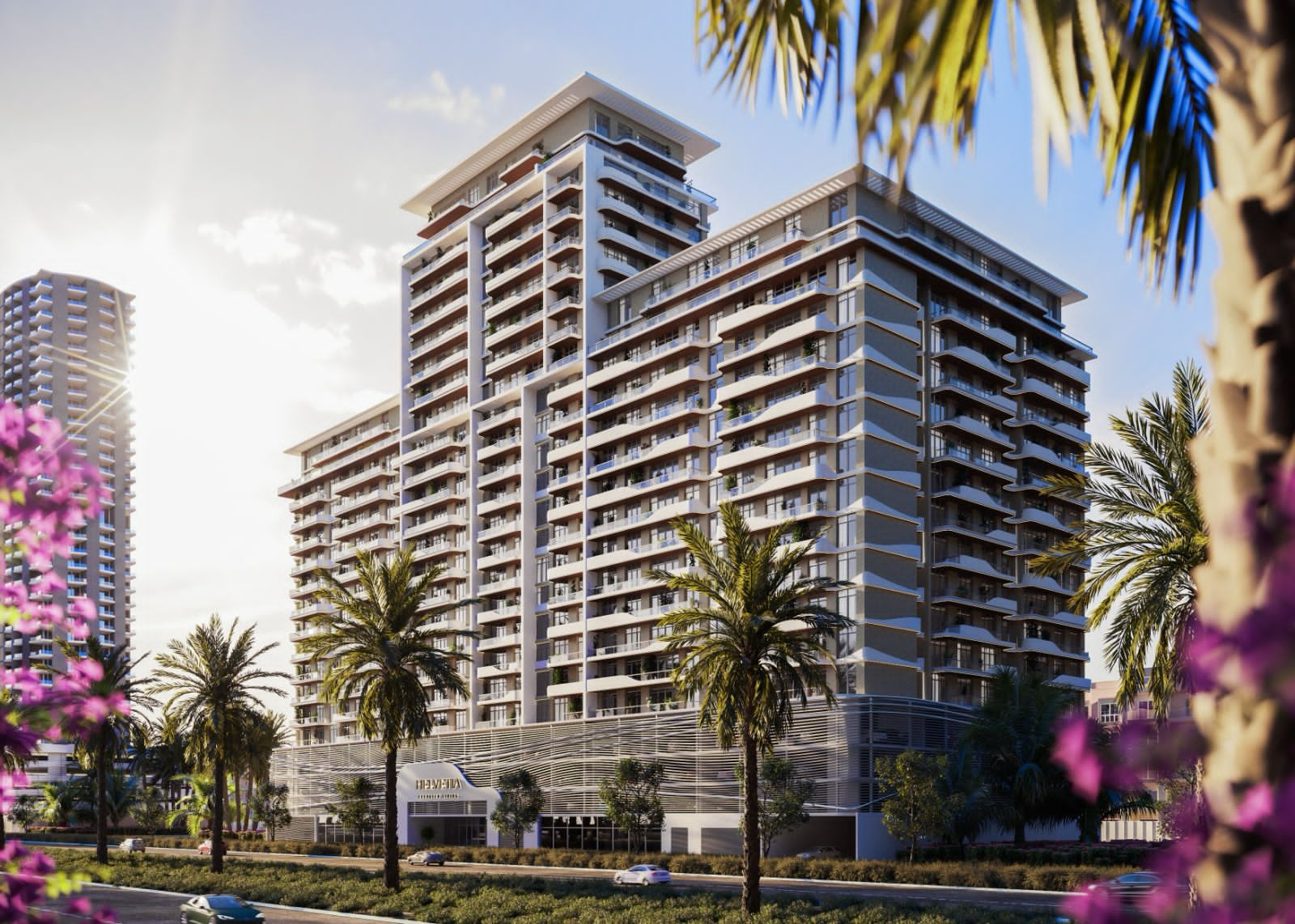Introduction:
Land is a vital resource that forms the backbone of economies and societies. In Ghana, like many other countries, the land tenure system plays a significant role in determining land ownership, usage, and management. However, this system is not without its challenges. This article aims to shed light on the land tenure system in Ghana and explore the obstacles it faces, as well as potential solutions for a more equitable and sustainable future.
Historical Context:
Ghana’s land tenure system has a complex history deeply rooted in colonialism and customary practices. Prior to colonization, land was predominantly communally owned and managed by traditional authorities. However, during the colonial era, the British administration introduced the concept of individual land ownership, which created a fundamental shift in land governance.
Current Land Tenure System:
In present-day Ghana, there are three main categories of land ownership: state lands, stool/skin lands, and family or clan lands. State lands are under the jurisdiction of the government, while stool/skin lands are controlled by traditional authorities. Family or clan lands are communally owned and managed by extended families or clans.
Challenges:
- Inadequate Documentation: A significant challenge in Ghana’s land tenure system is the lack of comprehensive land documentation. Many landowners do not possess formal land titles or deeds, leading to disputes, encroachment, and uncertainties regarding land ownership. The absence of reliable land records also hinders investment and economic development.
- Land Disputes and Litigation: Land conflicts are prevalent in Ghana and often arise due to competing claims, unclear boundaries, and overlapping ownership rights. Lengthy and costly legal battles over land ownership not only undermine social harmony but also hinder economic progress and discourage investment.
- Weak Land Administration: The institutions responsible for land administration, such as the Lands Commission and Land Title Registry, face challenges related to inefficiency, corruption, and lack of resources. These issues contribute to delays in land transactions, inconsistent decision-making, and limited enforcement of land-related regulations.
- Land Grabbing and Encroachment: Ghana, like many African countries, faces the issue of land grabbing, where powerful entities or individuals unlawfully acquire large tracts of land for personal gain, often at the expense of vulnerable communities. Additionally, encroachment onto public lands, forests, and protected areas poses threats to environmental conservation and sustainable land use.
- Gender Inequality: Traditional customs and cultural norms in Ghana often result in gender disparities in land ownership and access. Women, despite their substantial contributions to agricultural production and rural development, face obstacles in securing land rights and are often marginalized in decision-making processes.
Solutions:
- Strengthening Land Documentation: There is a need for improved land registration systems and the issuance of formal land titles to promote transparency, reduce disputes, and facilitate secure land transactions. Embracing technology, such as digital land registries, can help streamline the documentation process and ensure reliable records.
- Enhancing Land Administration: Investment in capacity building, infrastructure, and automation within land administration institutions can enhance efficiency and reduce corruption. Establishing specialized land courts and alternative dispute resolution mechanisms can expedite the resolution of land disputes and reduce the burden on the judicial system.
- Public Awareness and Education: Educating citizens about their land rights, responsibilities, and legal frameworks is crucial. Public awareness campaigns can empower communities to assert their rights and protect their lands from encroachment. Emphasizing women’s land rights and promoting gender equality in land ownership should also be prioritized.
- Community Participation and Dialogue: Engaging local communities, traditional authorities, and civil society organizations in land governance processes fosters inclusive decision-making and helps prevent conflicts. Encouraging dialogue and collaboration among stakeholders can lead to more sustainable and equitable land management practices.
- Policy Reforms: Regular review and revision of land-related laws and policies are necessary to address emerging challenges and align with evolving societal needs. This should include provisions to safeguard customary land rights, protect vulnerable groups, and promote responsible land investment practices.
Conclusion:
The land tenure system in Ghana is confronted with numerous challenges, ranging from inadequate documentation and land disputes to gender inequality and encroachment. However, with concerted efforts from stakeholders at various levels, including government, traditional authorities, civil society, and communities, it is possible to overcome these obstacles and create a more transparent, equitable, and sustainable land governance system. By addressing these challenges head-on and implementing the suggested solutions, Ghana can unlock the immense potential of its land resources for the benefit of all its citizens.










